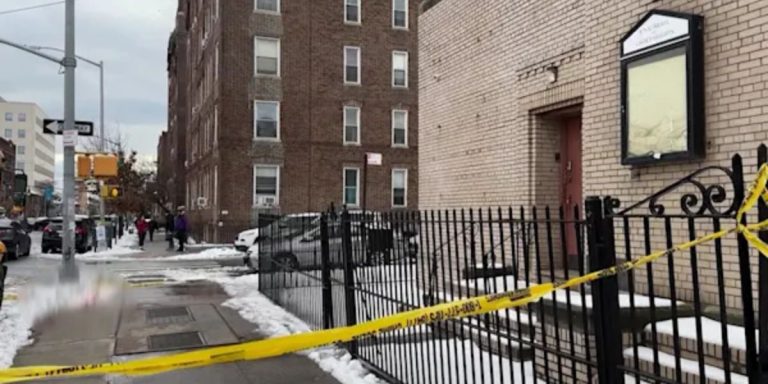Hartford, CT – As the year comes to an end, a few state statutes in Connecticut are making changes.
New legislation that address labor difficulties, such as phasing in mandatory paid sick days for more individuals, went into force on January 1. A new law pertaining to elections, including absentee ballot security, is also entering into effect. Additionally, the state’s minimum wage is changing, and home health care workers will soon have more rights.
More information about some of the new regulations that will take effect in January 2025 can be found here.
Minimum Wage Hike
In 2025, some Connecticut workers may enjoy an increase in wages. The minimum wage in Connecticut will rise from $15.69 per hour in 2024 to $16.35 per hour.
A 2019 statute requiring minimum wage hikes based on the employment cost index of the U.S. Department of Labor mandates the annual adjustment.
More CT Employees will get Paid Sick Days
The first state to enact a sick day law was Connecticut in 2011, which mandated that companies with more than 50 workers offer up to 40 hours of paid sick leave annually. However, a significant law that was passed in 2024 revised such regulations to cover almost all employees.
Over the following three years, the new law will be put into effect. The law will apply to workplaces with 25 or more employees as of January 1. Although seasonal laborers and other specific temporary workers are not mentioned, it applies to workers in all occupations.
These sick days may be taken for a variety of reasons, including illness or injury, or to take care of a family member or one’s own mental health. In order to better align with the Connecticut Paid Family and Medical Leave Program, the amended statute further broadens the definition of “family.”
In 2026, the regulation will be further expanded to include firms with 11 or more employees. The law will apply to establishments with at least one employee in 2027.
According to research compiled by the National Partnership for Women & Families, having sick leave benefits workers’ quality of life as well as productivity, retention rates, and the reduction of turnover and related expenses.
Strict Regulations for the Cannabis Industry
The cannabis sector in Connecticut is about to undergo changes.
THC, the psychoactive component of the cannabis plant that is present in both marijuana and hemp, is the focus of new state legislation.
According to federal legislation, plants that contain traces of THC are classified as hemp. However, a recent state law mandates that only businesses allowed to sell marijuana may sell hemp that has between 0.5 and 5 milligrams of THC.
Home Health Workers’ Safety Priority
Parts of a bill to strengthen protections for home health care workers went into force in July, and starting January 1, these workers will have more safety protections on the job.
Following the death of visiting nurse Joyce Grayson at a halfway house in Willimantic in 2023, those modifications included more disclosures regarding the history of violence or abuse experienced by clients.
The Connecticut Department of Social Services commissioner is now mandated to create a home health worker safety grant program beginning in 2025. The initiative must offer incentive funding to agencies by January 2027 at the latest for technology that notifies staff and police of safety emergencies and security escorts during home visits.
Health organizations that are not authorized hospice providers are also required to notify the state Department of Public Health of any verbal or physical abuse that an agency employee endures.
Strengthening Ballot Review and Absentee Ballot Security
According to a state statute passed during the 2024 session, any absentee ballot application submitted or utilized as of January 1st must bear the year. Additionally, town clerks are not allowed to give out five or more absentee ballot applications to one person.
Installing video recording equipment to capture each absentee vote drop box is the next step in putting the law into effect, and it must be done by July 1, 2025.
The modifications take place as Connecticut Public’s investigative podcast “In Absentia” details several anomalies in Bridgeport, a city with a long history of political dysfunction, which have drawn increased attention to the state’s election security system.
The law also mandates that the Secretary of State’s office examine local procedures for translating English ballots into other languages in cities and towns. By January 15, the office has to submit a report to the Government Administration and Elections Committee.
Although a Hartford ballot translation problem in 2023 was eventually fixed, it caused confusion for some Spanish-speaking voters and sparked questions about fair voting access.

























+ There are no comments
Add yours